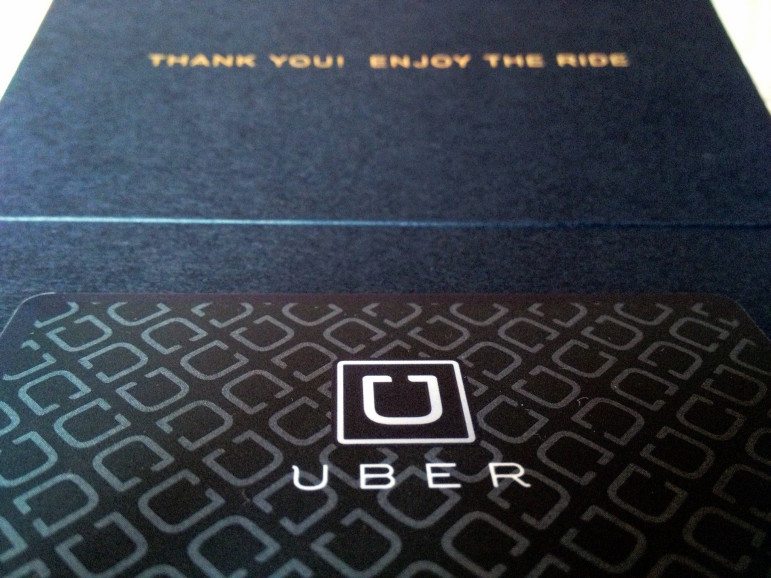
July 20, 2015; Christian Science Monitor
The stars of the “new economy,” the ride-sharing companies Uber and Lyft, have become causes of controversy regarding their non-employee treatment of employees, lately entering the political realm with Hillary Clinton’s call for stronger employee benefits at sharing-economy companies and Marco Rubio’s response that Clinton was trying to regulate 21st-century commerce with 20th-century ideas.
There is also, however, the question of how Uber and Lyft treat some of their customers, especially in light of this week’s celebration of the 25th anniversary of the Americans with Disabilities Act. In Massachusetts, the attorney general’s office is investigating the two ride-sharing companies to determine whether they are ensuring equal access for persons with disabilities.
While disability rights activists have challenged the two companies about the access they do or don’t provide to persons who are blind or in wheelchairs, including a federal case filed last year by the National Federation of the Blind of California that challenged Uber on providing access to passengers with guide dogs and another in Texas suing Lyft about wheelchair access in Austin, this investigation seems to be the first launched by a state attorney general.
In response to the burgeoning criticisms, Uber has said it has some sort of compact with the National Federation of the Blind to seek feedback from visually impaired people and a program called uberASSIST to provide assistance to elderly passengers and persons with disabilities.
Sign up for our free newsletters
Subscribe to NPQ's newsletters to have our top stories delivered directly to your inbox.
By signing up, you agree to our privacy policy and terms of use, and to receive messages from NPQ and our partners.
The Boston Globe reports stories of Uber drivers rejecting passengers with disabilities, including one instance where an Uber driver refused to give a ride to a woman with a disability, calling her an “invalid” in the process. Although currently favoring dialogue with the companies rather than pursuing legal action, disability rights activists are nonetheless not hopeful that the talks will be productive.
“They make the same vague promises—they say they want to meet the demand of the disabled community, but they’re not meeting the demand,” Disability Law Center executive director Christine Griffin said. “There should be a penalty. They’re acting like they’re just coming into the market, but of course they’ve been around a long time now.”
The ability to engage Uber and Lyft in this way is one of the achievements of the ADA. As a result of that landmark legislation, companies that serve the public like Uber and Lyft are subject to ADA-inspired scrutiny, no matter what Marco Rubio thinks about laws that happen to have been enacted before 2000.
Despite Uber’s own initiatives, the AG’s investigation has prompted both companies to come to the table. The Boston-based Disability Law Center reports that Uber has agreed to meet with leaders of the disability rights community, and both companies have indicated that they plan to meet with AG Maura Healey. However, an Uber spokesperson said earlier this week that it believed it was subject to ADA regulation only as a technology company, not as a provider of transportation. Implicitly, it goes back to Uber’s employment rules: It may, for example, be willing to make its smartphone app compatible with speech-to-text functions, but the issue of specific wheelchair access to Uber-sent cars may be the legal responsibility of the contract drivers, not the company. The core of Uber’s structure, defensible or not, is the company’s contracting with so-called “independent” non-employee drivers.
Despite Rubio’s contention, this is really a question of whether the achievements of the civil rights movement will be applied to the sharing economy. Fortunately, due to the ADA, Uber and Lyft will have to answer some hard questions about how they accommodate persons with disabilities, no matter how much they wrap themselves in the garb of 21st-century technology.—Rick Cohen













